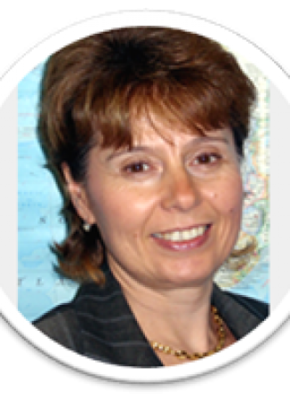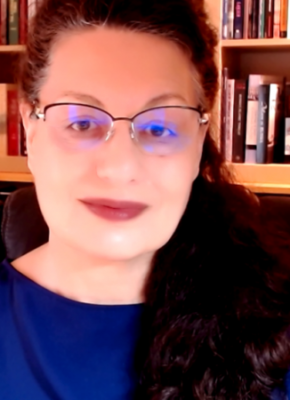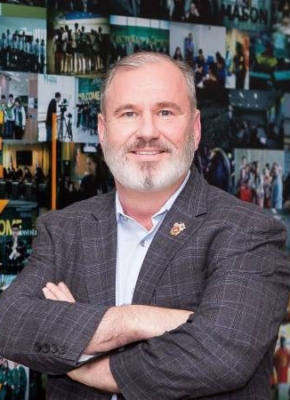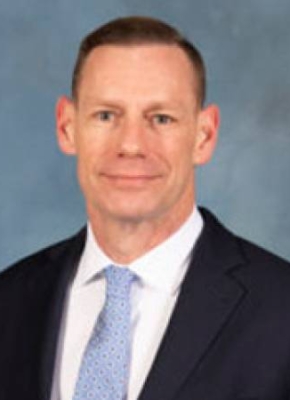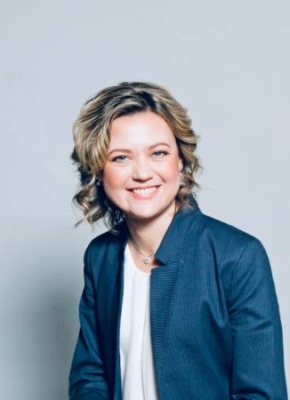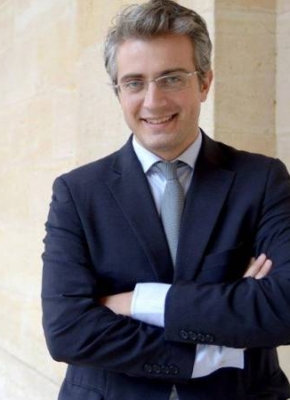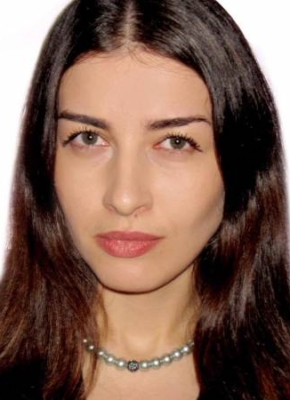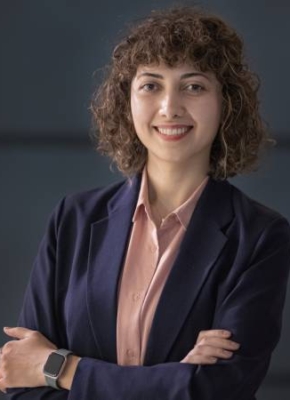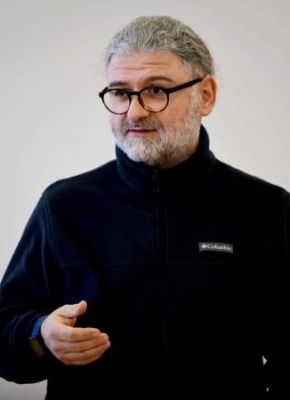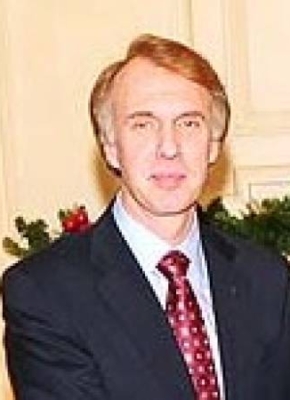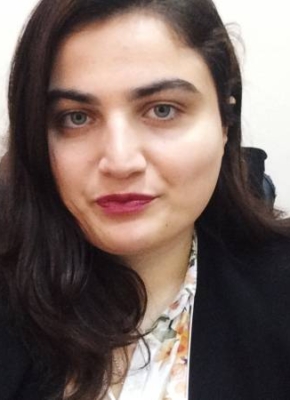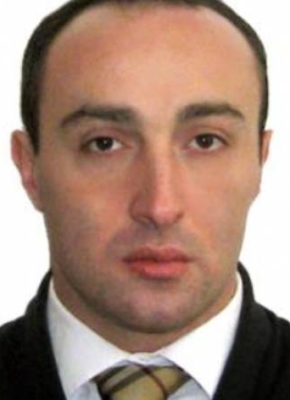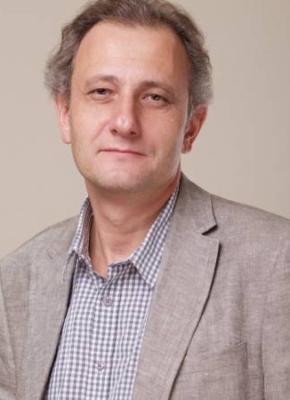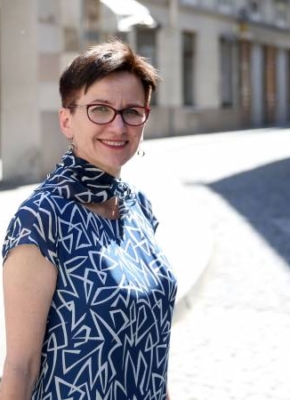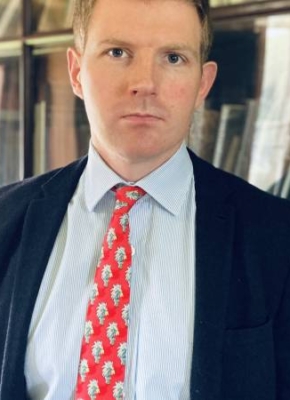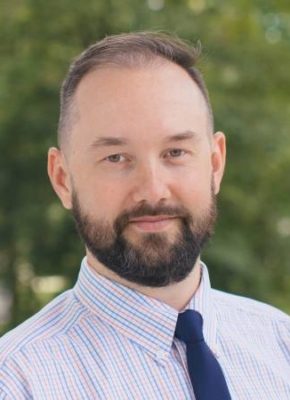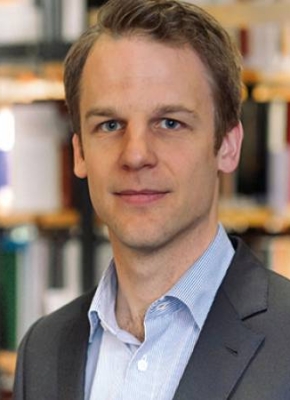საქართველოს უნივერსიტეტის სოციალურ მეცნიერებათა სკოლის ბაზაზე არსებული UGSP-ის პლატფორმის ორგანიზებით 2023 წლის 9 ივნისს გაიმართება მეოთხე საერთაშორისო კონფერენცია “უკრაინის ომის შემდეგ: პერსპექტივები და შედეგები ევროპისთვის და სამხრეთ კავკასიისთვის.” კონფერენცია ფოკუსირებულია რუსეთ-უკრაინის ომის პოტენციურ სამხედრო და პოლიტიკურ შედეგებზე და მათ გავლენაზე როგორც რეგიონულ ასევე საერთაშორისო უსაფრთხოებაზე. ჩვენ მოვუწოდებთ კონფერენციის მონაწილეებს მოახდინონ სავარაუდო პროგნოზები ომთან დაკავშირებით, რის საფუძველზეც შესაძლებელი გახდება ევროპის და სამხრეთ კავკასიის სამომავლო უსაფრთხოების სისტემაზე მსჯელობა. მნიშვნელოვანი ყურადღება დაეთმობა ევროპის კავშირის და NATO-ს შიდა ინსტიტუციურ დინამიკას, პოსტ-საბჭოთა სივრცეში კონფლიქტების გადაწყვეტის შესაძლებლობას და რეგიონული უსაფრთხოების გაძლიერებისთვის მნიშვნელოვან ახალი კონცეპტუალურ შემოთავაზებებს. 2019 წლიდან UGSP-ის მიერ ჩატარებული მსგავსი ტიპის კონფერენციები მიზნად ისახავს აკადემიური და კონკრეტულ პოლიტიკებთან დაკავშირებული საკითხებზე დისკუსიას, რომლის ფარგლებშიც წამყვანი უცხოელი და ადგილობრივი ექსპერტები განიხილავენ რელევანტურ პრობლემატიკასთან დაკავშირებულ საკითხებს, ხელს უწყობენ ახალი ცოდნის შექმნას, თეორიულ და პრაქტიკულ დონეზე ამზადებენ კონკრეტულ რეკომენდაციებს. კონფერენციის დღის წესრიგის მიხედვით, პირველი პანელი დაეთმობა საპატიო სტუმრების გამოსვლებს, მეორე პანელი შედგება კონკრეტული საკითხის/პრობლემატიკის გადასაჭრელად შექმნილი სამი სამუშაო ჯგუფისგან, რომელშიც მონაწილეობა შეუძლია ყველა წინასწარ დარეგისტრირებულ სტუმარს და მესამე პანელზე მოხდება სამუშაო ჯგუფების ფარგლებში მიღებული შედეგების განხილვა და შეფასება.

ჩატარების თარიღ(ებ)ი






